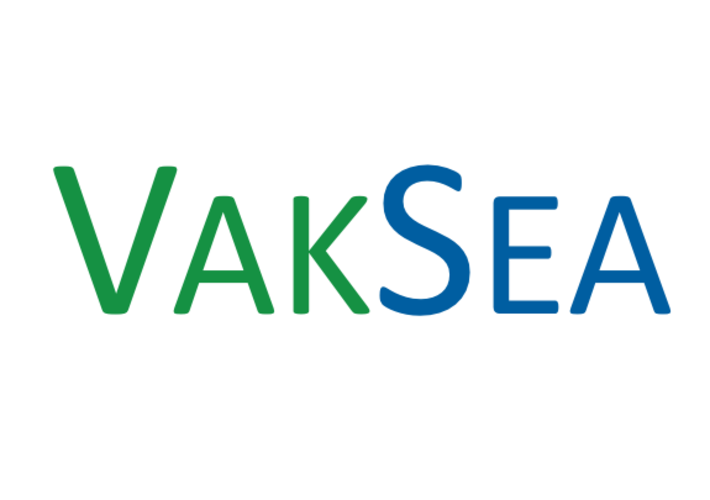

The Iowa AgriTech Accelerator has announced the five AgTech startups selected for the program’s class of 2018. The Accelerator, based in Des Moines, Iowa, is a mentor-led program focused on ag technology innovations.


The Iowa AgriTech Accelerator has announced the five AgTech startups selected for the program’s class of 2018. The Accelerator, based in Des Moines, Iowa, is a mentor-led program focused on ag technology innovations.
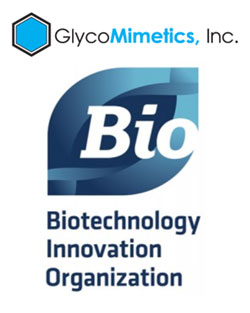
 Brian Hahn, Chief Financial Officer of GlycoMimetics, Inc., provided testimony today on behalf of the Biotechnology Innovation Organization (BIO) before the House of Representatives Committee on Financial Services, Subcommittee on Capital Markets, Securities, and Investment. Hahn serves as the Co-Chair of BIO’s Finance & Tax Committee.
Brian Hahn, Chief Financial Officer of GlycoMimetics, Inc., provided testimony today on behalf of the Biotechnology Innovation Organization (BIO) before the House of Representatives Committee on Financial Services, Subcommittee on Capital Markets, Securities, and Investment. Hahn serves as the Co-Chair of BIO’s Finance & Tax Committee.
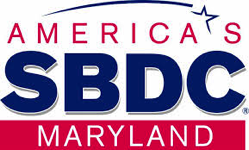

Understanding the far- and wide-ranging Maryland technology ‘household’ or ecosystem is essential to success, according to Glenna E. Cush, director of marketing with the state’s Small Business Development Center.
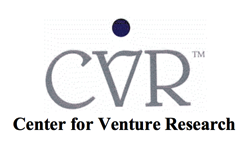

The angel investor market in 2017 saw an increase in investment dollars and deal size, according to the latest angel market analysis released by the Center for Venture Research at the University of New Hampshire.
Total investments in 2017 were $23.9 billion, an increase of 12.6 percent over 2016, and 61,560 entrepreneurial ventures received angel funding in 2017, a decline of 4.4% over 2016 investments. The number of active investors in 2017 was 288,380 individuals, a decrease of 3.2 percent from 2016.


It’s not just tech companies that can trace their roots back to a garage. According to co-founder Joel Marcus, Alexandria Real Estate Equities (NYSE:ARE) — a real estate investment trust specializing in life sciences laboratory and office space — got its start in a garage, too. Since its founding in 1994, Alexandria Real Estate has grown into an $18 billion commercial real estate Goliath with $1.1 billion in annual revenue. Can this company’s success continue? I recently spoke with Marcus to learn more about the company and its opportunities.
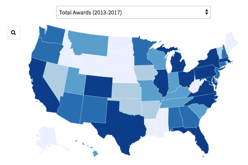

The SBIR/STTR program, which dubs itself as “America’s Seed Fund,” is one of the broadest forms of early-stage capital available to small technology companies. During the five-year period from 2013 to 2017, the 11 federal agencies participating in the SBIR/STTR program distributed 25,524 awards. Using charts, maps, and a downloadable spreadsheet, this Digest article looks at trends in SBIR/STTR awards by state over the period, including the companies with the most awards and states where SBIR/STTR awards outnumber VC deals. A future article will look at awards by metropolitan area.


In the City of Clustered Spires, the steeples aren’t alone in their impressive trajectories. This month, we recognize eight of Frederick’s most successful young entrepreneurs who have also risen above the ordinary, and continue to reach higher.


Some 40 years after the biotech industry’s birth, old-school Big Pharma is planting flags in the Bay Area.
AstraZeneca plc (NYSE: AZN) formally opened its 163,000-square-foot lab and office facility Tuesday in HCP Inc.’s (NYSE: HCP) Britannia Cove in South San Francisco. It joins Merck & Co. Inc. (NYSE: MRK) and Bristol-Myers Squibb (NYSE: BMY) as some of the traditional drug maker names expanding operations in the Bay Area while trying to snare some of the region’s drug-development mojo.
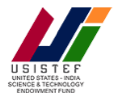

The United States–India Science & Technology Endowment Fund (USISTEF) was created for the promotion of joint activities that would lead to innovation and entrepreneurship through the application of science and technology. US-India research partners working on tangible innovations are suitable for this funding.
9th Call of the United States-India Science & Technology Endowment Fund (USISTEF) Program is now open with a deadline of 15 June 2018. While the detailed information about the program can be accessed through the websites www.usistef.org and www.iusstf.org
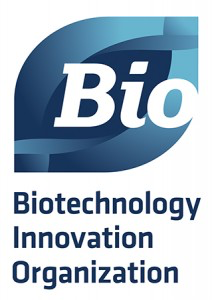

Opioids: Changing the Paradigm on Treating Pain and Addiction
4:15 PM–5:15 PM Jun 5, 2018
Room 256, Level 2
The opioid epidemic knows no age limits. Newborns and young children are the most vulnerable victims of the opioid epidemic. An American Academy of Pediatrics research suggests more than 100 children test positive for opioid addiction or dependency each day in US emergency departments. Neonatal Abstinence Syndrome (NAS) births in the US occur at the rate of ~6 for every 1,000 and 15 per 1,000 in some rural areas. Studies suggest there will be over 50,000 NAS infant births in 2017.